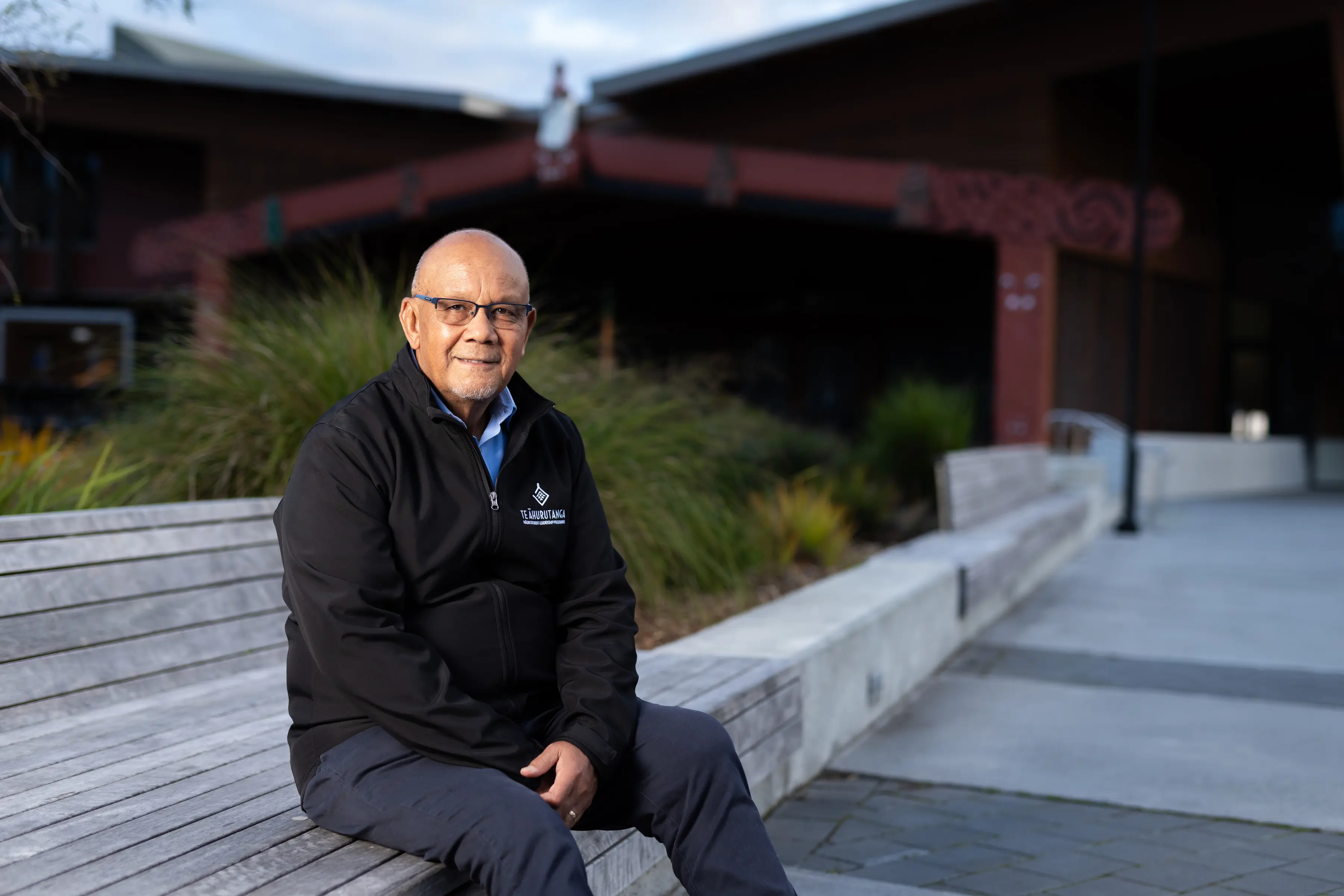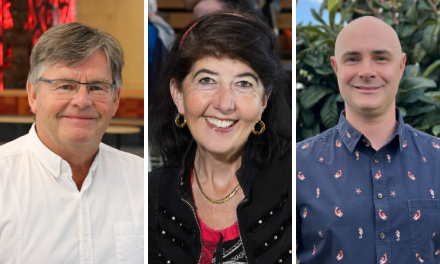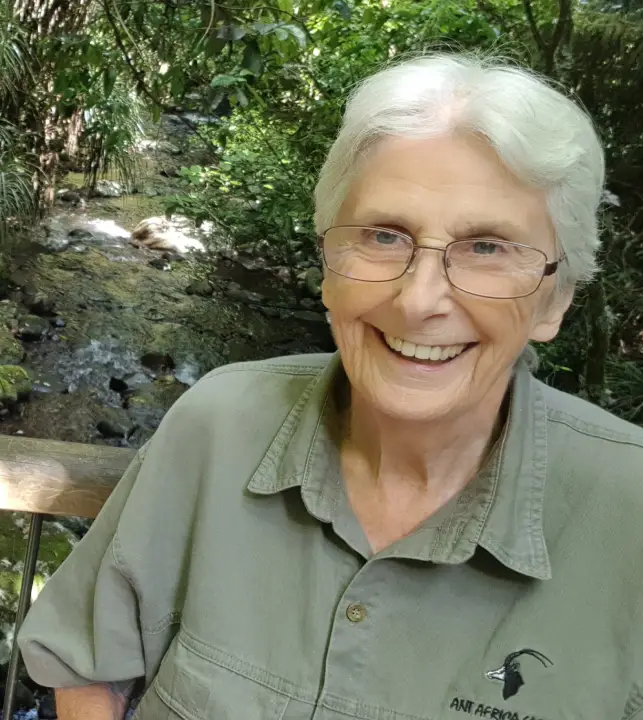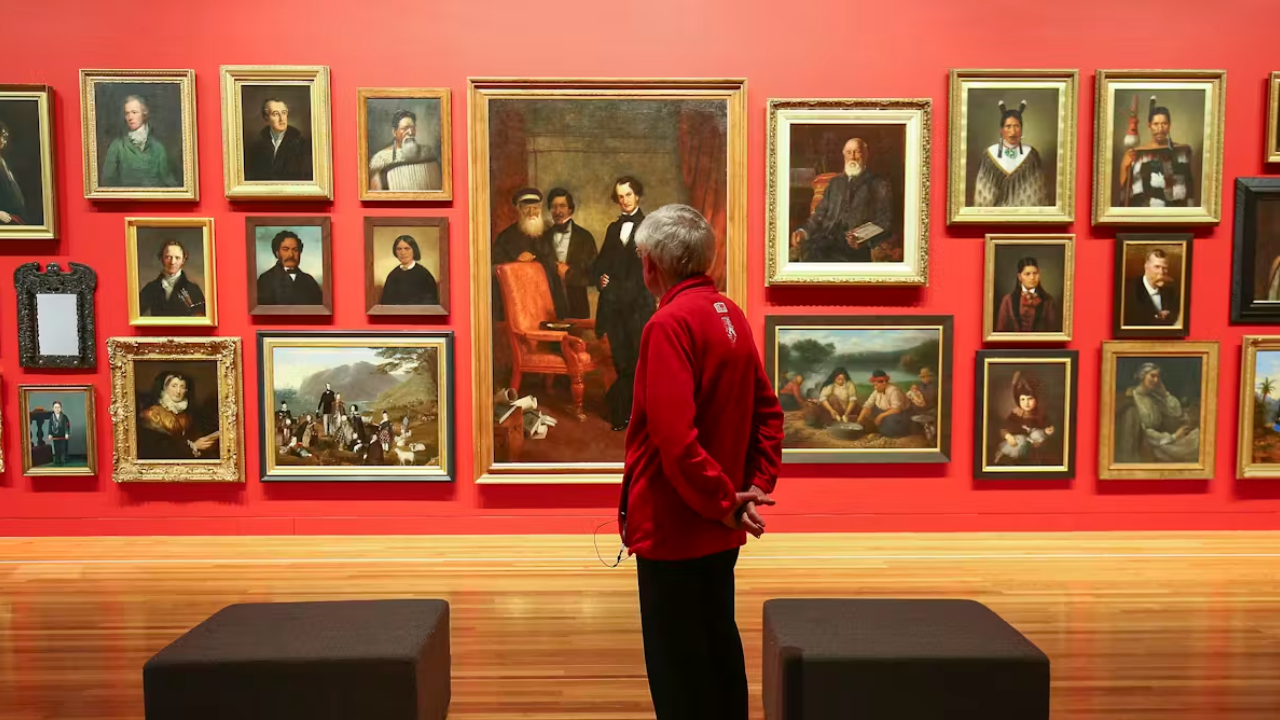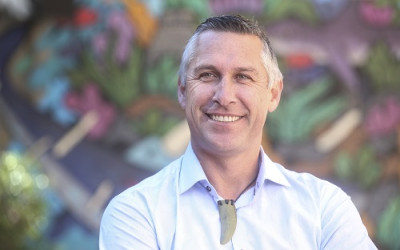
Associate Professor Maui Hudson
An international project between Waikato and New York-based researchers has received a $750,000 boost to expand tools protecting Indigenous communities’ rights over their own knowledge and data.
ENRICH, a collaborative project between the University of Waikato and New York University (NYU), has received a two-year grant from the Andrew W Mellon Foundation to expand work with Māori communities in New Zealand and other first nation communities in the United States, Canada, and Australia, labelling their data to ensure they benefit from its use. The announcement of this award coincides with Indigenous Peoples Day in the US.
Traditional Knowledge and Biocultural Labels have been developed which can be digitally applied to datasets, confirming their origins and ensuring Indigenous communities’ benefit from the use of the knowledge and genetic resources, often harnessed for commercial gain.
The project is led in New Zealand by Maui Hudson (Whakatōhea), Director of the University of Waikato Te Kotahi Research Institute, and in New York by NYU Legal Scholar, Dr Jane Anderson, supported by strategic design partners IDIA (Indigenous Design and Innovation Aotearoa). In New Zealand the group has been supporting digital repatriation of material from Ngā Taonga, the National Sound and Film Archive, to the people of Whakatōhea, through funding from the Ministry of Culture and Heritage
They are also working with Ngāti Maru in Taranaki and Te Roroa in Hokianga as part of a Te Puni Kōkiri funded project to recognise iwi rights to mātauranga Māori, (traditional Māori knowledge) and genetic resources through the use of the labels alongside institutions like the MetService, Manaaki Whenua Landcare Research and the University of Waikato. IDIA is developing the online learning platform to increase accessibility and support for Iwi that want to use the Labels.
The management of Indigenous cultural intellectual property, whether that be traditional knowledge, cultural heritage, or Indigenous data has become a contentious issue, says Dr Anderson.
Demonstrating provenance requires that Indigenous people’s rights and interests are disclosed as part of ethical research and data management practices, she says.
“Data relating to Indigenous peoples and their traditional knowledge has long been misused by non-Indigenous governments, scientists and innovators. The work we are doing will ensure Indigenous communities’ benefit from the use of their knowledge and genetic resources,” says Mr Hudson.
Work to extend the use of the Traditional Knowledge and Biocultural Labels is ongoing with the recent launch of an Indigenous Communities working group and creation of a video to explain how the Labels address these challenges.
ENRICH focuses on creating equity in Indigenous research and innovation and by promoting Indigenous initiatives like the ENRICH Indigenous Science Speaker Series 2021-2022 based out of NYU and the ENRICH Global Chairs programme funded by the Minderoo Foundation in Australia.
The Global Chairs programme, now in its third year, supports advocacy and Indigenous Data Sovereignty related initiatives. Assistant Professor Krystal Tsosie (Arizona State University) and Assistant Professor Keolu Fox (University of California San Diego) are the 2022-2023 ENRICH Global Chairs.
Previous Chairs include Professor Maggie Walter (University of Tasmania), Assistant Professor Stephanie Russo Carroll (University of Arizona), Associate Professor Jane Anderson, and Associate Professor Maui Hudson (University of Waikato).
